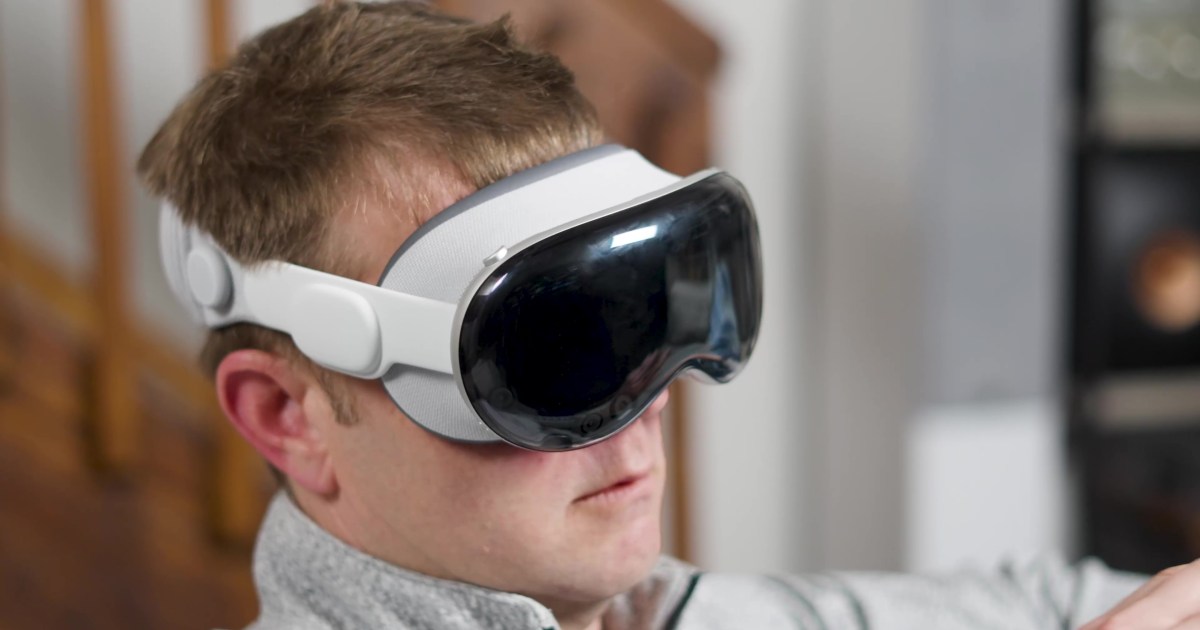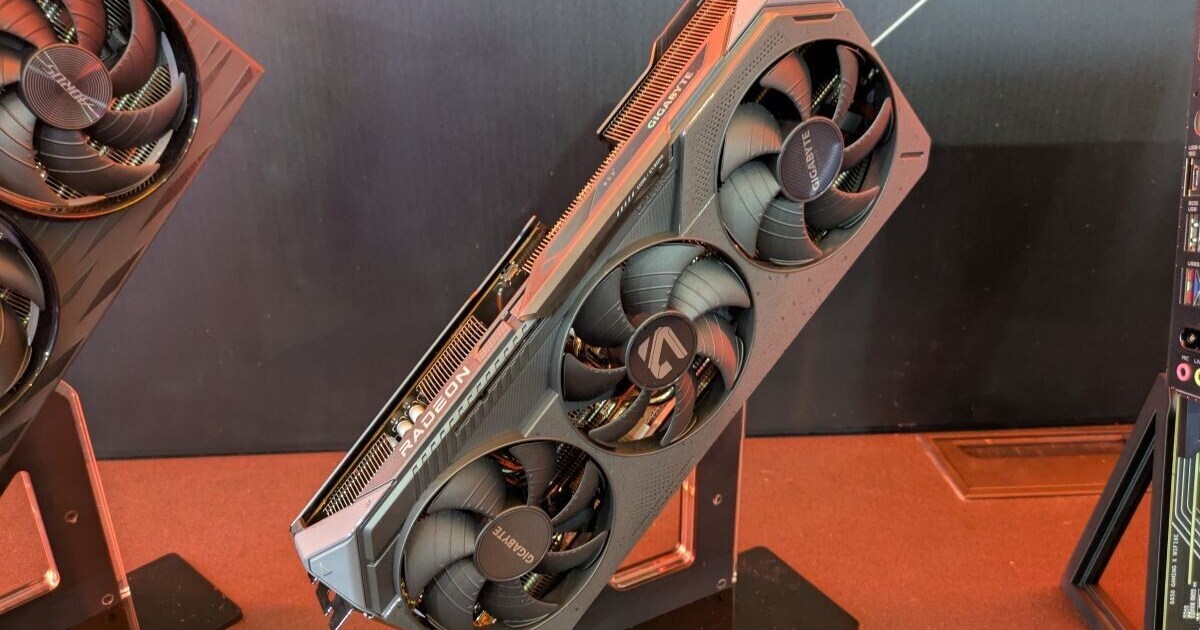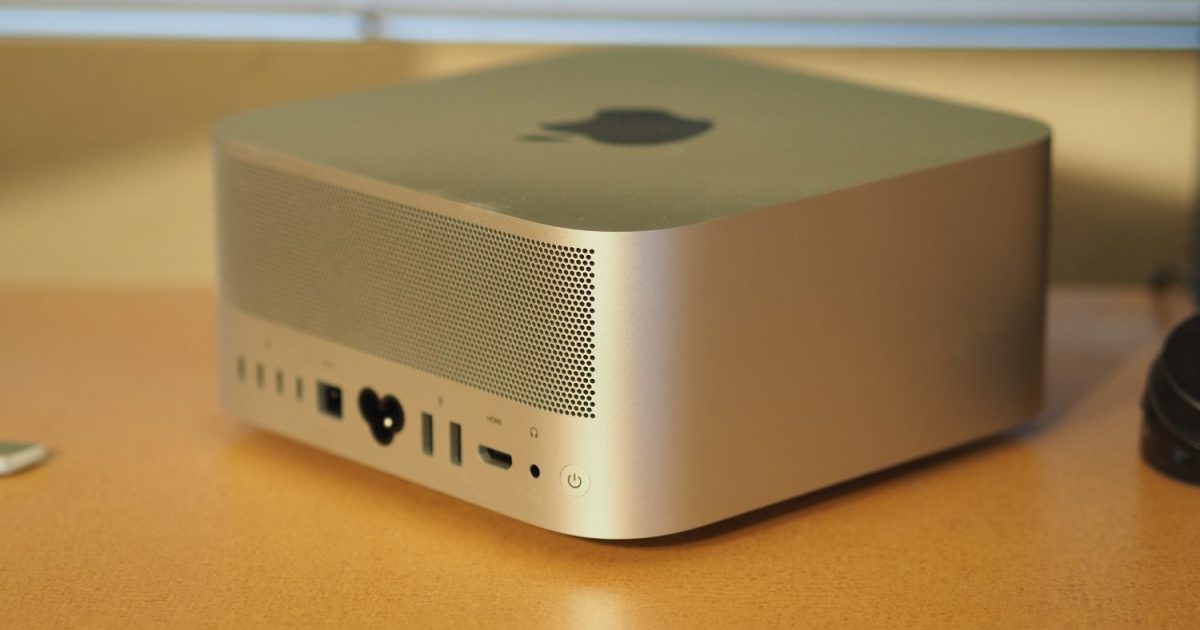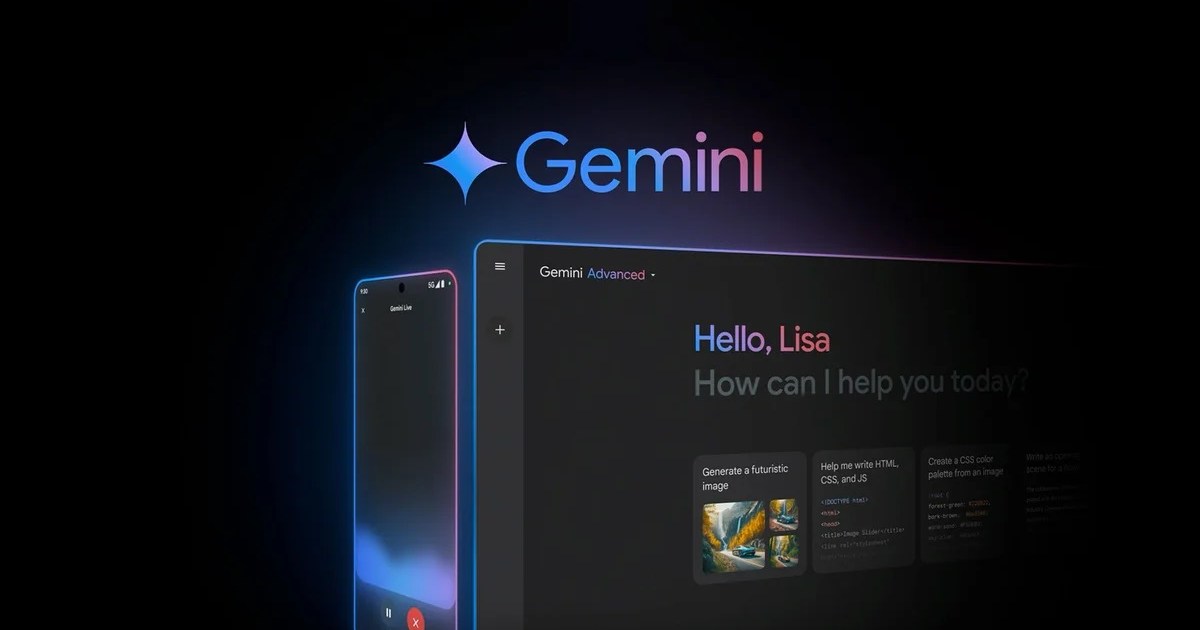The global virtual reality (VR) headset market experienced a 12% year-over-year decline in 2024, signaling a slowdown in adoption despite technological advancements. This trend, identified by market research firm Counterpoint, suggests a cooling interest in VR headsets, with shipments decreasing for the third consecutive year.
While shipments don’t equate directly to sales, they offer insights into market demand. Reduced shipments suggest retailers haven’t required frequent restocks, hinting at potentially declining sales figures. Counterpoint attributes this downturn to factors like hardware limitations and a lack of compelling VR content. Although the enterprise VR sector seems to be performing better, specific data remains undisclosed.
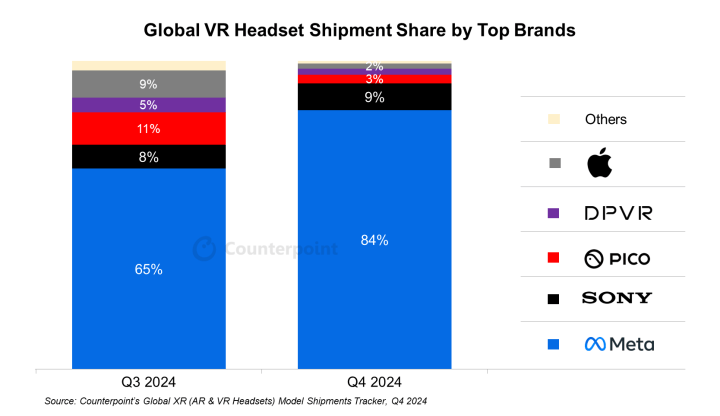 Global VR headset shipment shares.
Global VR headset shipment shares.
Meta Dominates While Apple Falters
Meta continues to dominate the VR landscape, boasting a 77% market share in 2024, fueled by headsets like the Quest 3S. This dominance further solidified in the fourth quarter, reaching an impressive 84% market share.
Conversely, Apple’s Vision Pro faces significant challenges. Shipments of the premium headset plummeted by 43% quarter-over-quarter. This suggests the hefty $3,500 price tag might be deterring potential buyers.
Content and Cost: Key Challenges for VR
The lack of engaging VR experiences remains a major hurdle. While the technology has improved, compelling content that justifies the investment in a VR headset is still relatively scarce. This content gap, coupled with high prices, especially for premium devices like the Apple Vision Pro, contributes to the market’s stagnation.
The Future of VR: Uncertain Terrain
The future of the VR market remains uncertain. While Meta’s affordability-focused strategy seems to be paying off, the high-end segment struggles to attract consumers. Overcoming the content deficit and addressing pricing concerns are crucial for revitalizing the VR market and attracting a wider audience.
The decline in shipments doesn’t definitively confirm declining sales, but it raises concerns about the market’s trajectory. Until more compelling content emerges and prices become more accessible, widespread VR adoption might remain elusive.



